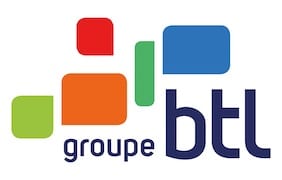Expression idiomatique en anglais: Cut to the chase
L’expression idiomatique en anglais « Cut to the chase »
- Definition: Skip the irrelevant parts, and go straight to the main point.
- Example: “Why don’t you just cut to the chase, and tell me where you hid my phone!”
Meaning:
Get to the point – leaving out unnecessary preamble.
- It means that the person is extremely unpopular.
- It is a trigger for saying that someone has done a deed which has made him infamous in his circle and where people are angry with the said person.
Origin:
This phrase originated in the US film industry. Many early silent films ended in chase sequences preceded by obligatory romantic storylines. The first reference to it dates back to that era, just after the first ‘talkie’ – The Jazz Singer, 1927. It is a script direction from Joseph Patrick McEvoy’s novel Hollywood Girl, 1929:
« Jannings escapes… Cut to chase. »
There’s quite a distance from a single citation in a script direction to a phrase that is part of the language. It doesn’t appear again in print for some years and we can be fairly sure that McEvoy wasn’t the source of the figurative use of the phrase as we now know it. That figurative use, that is, the generalized ‘get to the point’ meaning emerged in the 1940s. The Winnipeg Free Press, March 1944 ran an article about screen writing that included this:
Miss [Helen] Deutsch has another motto, which had to do with the writing of cinematic drama. It also is on the wall where she cant miss seeing it, and it says: « When in doubt, cut to the chase. »
That does imply getting to the point but isn’t quite the current meaning as it relates specifically to film chases. The more general usage comes soon afterwards, for example, in this piece from the New England newspaper The Berkshire Evening Eagle, February 1947:
« Let’s cut to the chase. There will be no tax relief this year. »
Source: http://www.phrases.org.uk/meanings/cut-to-the-chase.html
Consultez notre rubrique « ressources pédagogiques » pour vous entraîner sans stresser en anglais, espagnol, FLE, portugais, etc. grâce à une multitude de sites internet soigneusement sélectionnés pour leur qualité et fiabilité.




